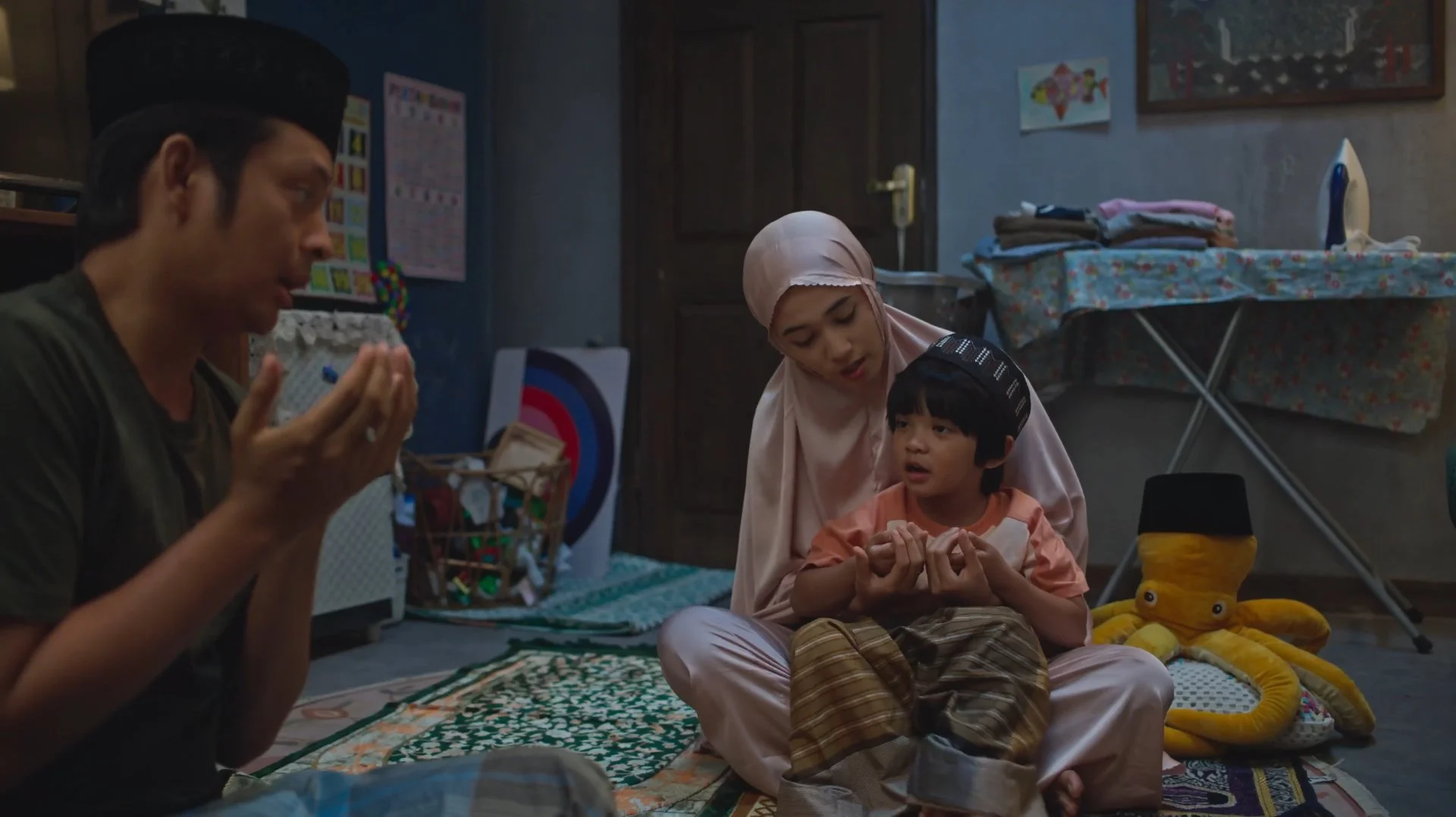‘Tell Stories that Matter’: Exploring the Spectrum of Writing
A one-day conference on writing explores the various means of telling stories that matter, from poetry, fiction to journalism.

Writers and readers gathered at Kota Kasablanka in South Jakarta on Saturday (May 13) to talk about writing and storytelling in a mini conference held by The Jakarta Post Writing Center.
Themed “Tell Stories That Matter” the one-day event offered a series of vibrant discussions on writing, from poetry and fiction to media and activism.
Maggie Tiojakin, the Managing Director of the Jakarta Post Writing Center, told Magdalene the idea came out of conversation she had with Hong Kong novelist Xu Xi during a meeting in New York.
“We were discussing creative writing, and I thought what could be done to encourage people to write more. ‘How about a writers series?’ Xu Xi said, as it can promote creative thinking, creative solution, and creative writing,” Maggie, herself an author of novels and short stories, said.
The first Writers’ Series was held last year, albeit smaller. But this year, she invited more speakers and involved more communities.
“It turns out really great this year, so we expect to have more like this in the future—to be introduced to an even wider audience,” she said.
The discussions featured influential figures from the international and local literary scene and the media, including journalists, novelists, poets, and scholars. Other than discussions, there were also presentations and reading performances.
Among the speakers, novelist Xu Xi discussed the importance of “maintaining a distance as a writer” together with Magdalene’s editor-in-chief, Devi Asmarani.
Devi said that distancing the writer’s personal emotion from the writing is particularly difficult. “I have this problem myself,” she said, relating to a question from a member of the audience, “because you have to have a separation between editor and writer. As an editor you have to stay aloof from your piece, but as a writer you also need that distance as well.”
Xu Xi pointed out that when it comes to distance, it’s important to question the urges of writing a particular story.

“When I taught my creative writing students, I always asked them ‘why this story, why are you writing about this particular character, why is this important right now to be written’. I think when you figured out about the ‘whys’, that is the beginning of ‘distance’. Because that gives something bigger than you. If it’s all just about you, then, well, why don’t you just talk about it, why bother writing it, you know. It is all about creating something that is beyond yourself,” Xu Xi said.
After the discussion, Xu Xi read an excerpt from her upcoming memoir entitled Dear, Hong Kong for the audience.

Professor Melani Budianta and writer Robert Hemley at the Jakarta Post’s Writers Series.
During a presentation themed “Writing Women”, Devi Asmarani also introduced Magdalene to the audience. She talked about how important it is for women to reclaim their voice, and to counter-balance the mainstream media that is often misogynistic and preyed on women to preserve consumerism culture.
“It’s important for us to write our own stories; to reclaim our own stories in the media,” she said.
Devi also told the significance of writing for women’s lives, “As a woman, and as someone who has written for almost three decades, I feel like writing is a very important tool. I feel that writing not only allows us to express our emotions or convey our ideas. It also allows us to reveal the defects of our society. And at the same time, writing also has a transformative effect. Writing requires us to face our limitations, our own confinement. In the process, hopefully, it can liberate ourselves.”
Indonesian poets Debra Yatim and Aan Mansyur shared the stage with Filipino poet Lawrence Ypil to discuss how poetry could be a strategic medium for personal expression.
“The only secure place to be honest is a poem,” said Lawrence. He and Aan agreed that poem often becomes a safe “hiding place” when things cannot easily be described by speaking.
“I wrote poetry because I wanted to be away from people—because there are certain things you need to say without actually saying it,” Aan added.
Chinese author Dai Fan, who heads the Center for Creative Writing in the School of Foreign Languages at Sun Yat-sen, talked about why she writes in English.
“I write in English because I want more people to know about China – that is my home,” she said.
Dai Fan used to write in Chinese until one day she found the importance of telling her stories to a bigger audience. Since then, she has been writing bilingually.
Also lining up in the panel discussions were Indonesian scholar, Prof. Melani Budianta, The Jakarta Post Editor-in-Chief Endy M. Bayuni, American author Robin Hemley, writer and writing instructor and lecturer Danny Yatim, Managing Editor of Life at the Jakarta Post Digital Asmara Wreksono, founder and CEO of SociaBuzz.com Rade Tampubolon, founder and CEO of Storial.co Steve Wirawan, as well as travel blogger Windy Ariestanty.
The event also provides a “Living Library” where audience can borrow one of six “living books”: the activist, the radio girl, the female engineer, the newspaper man, the recovering yogi and the librarian. These “books” would then tell their personal stories and converse with their “borrowers” for 20 minutes.
Find out how forced industrialization can leave women impoverished in this piece by Ayunda.












